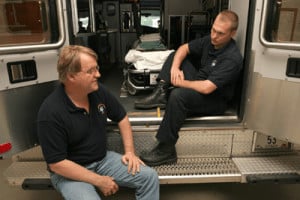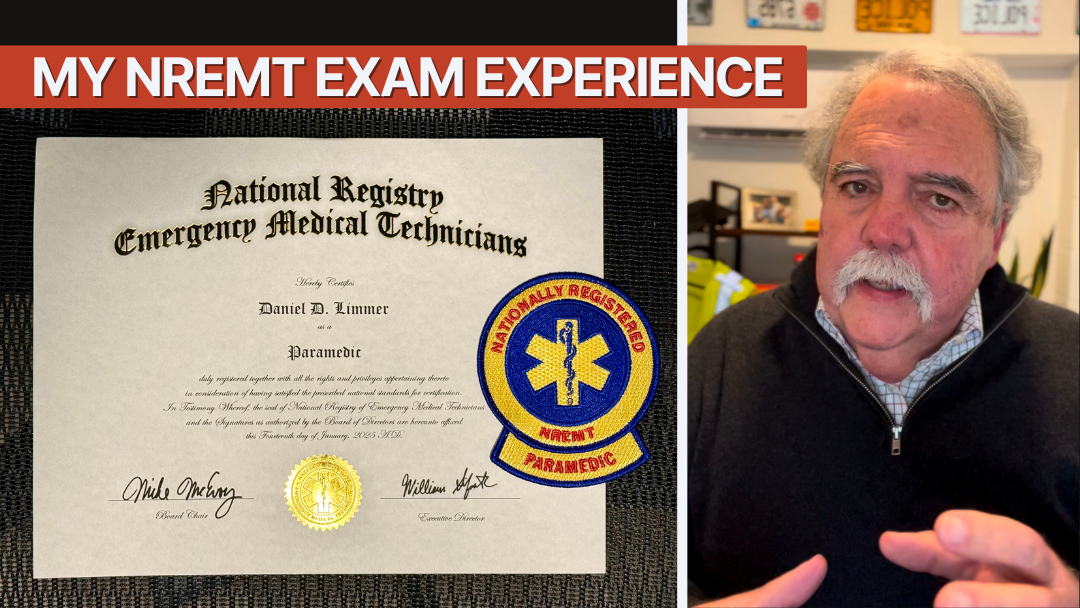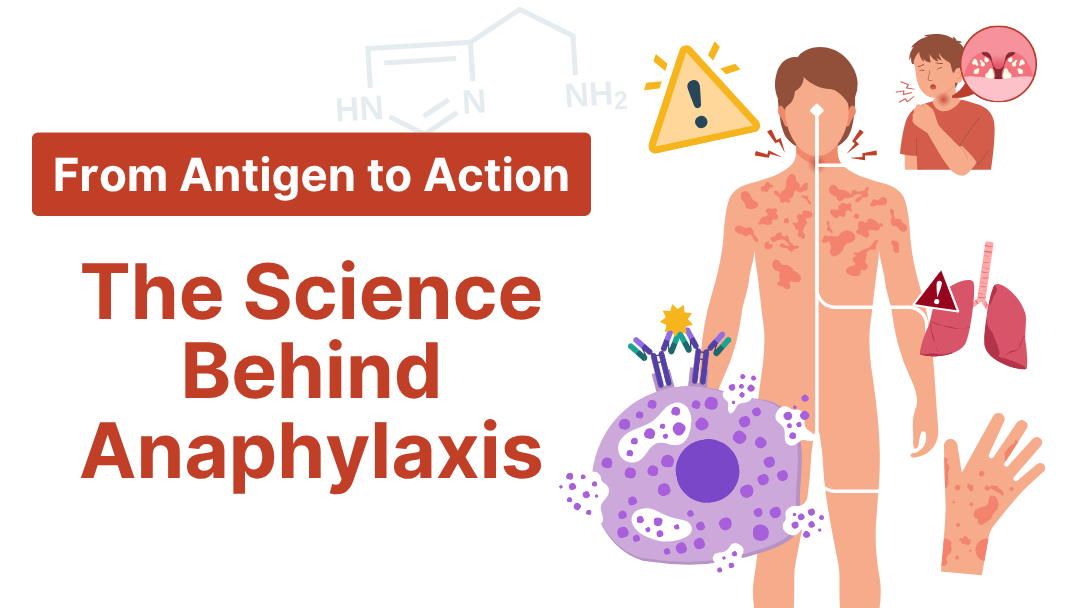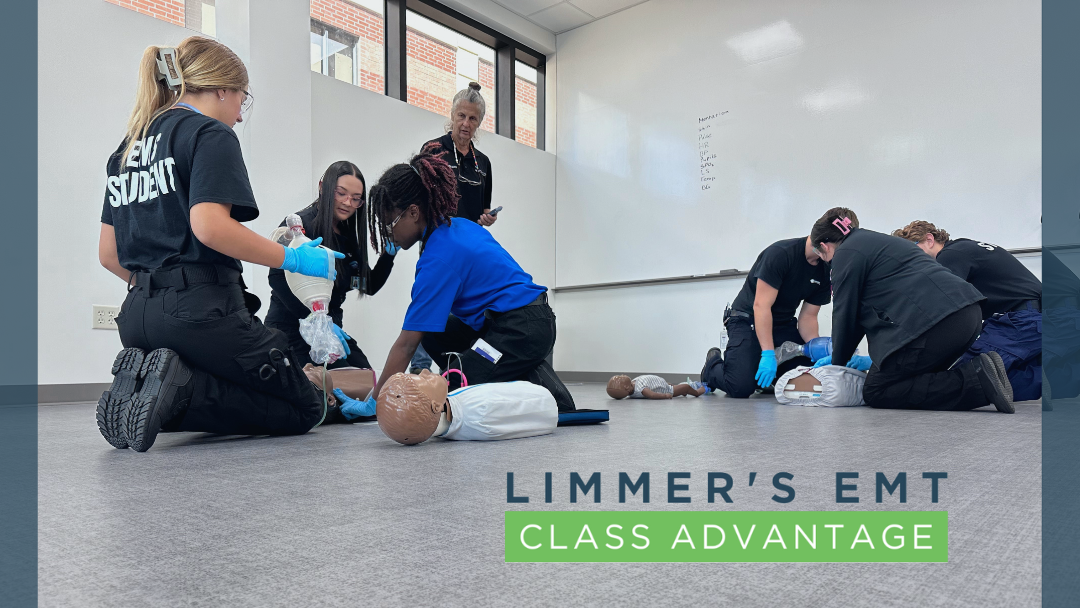10 Things to Tell a New EMT or EMT Student

by Limmer Education
Our articles are read by an automated voice. We offer the option to listen to our articles as soon as they are published to enhance accessibility. Issues? Please let us know using the contact form.
Know the difference between respiratory distress and respiratory failure.
Be nice.
You won't know everything in the beginning--and that is ok.
In medical patients you will find out most of what you need to know from the history.
Sometimes the most important decision you will make is how quickly your patient needs to be at the hospital.
The primary assessment always comes before the secondary assessment.
Two sets of vital signs tell you a lot more than one set.
Of all the EMS skills, thinking is by far the most important.
No medical or traumatic condition presents exactly like the book. Patients don't read the book.
Any questions? Additions?

Related articles

Dr. Bill Young

Dan Limmer, BS, NRP


